Home>Home Maintenance>How Much Do I Pay For Home Repairs
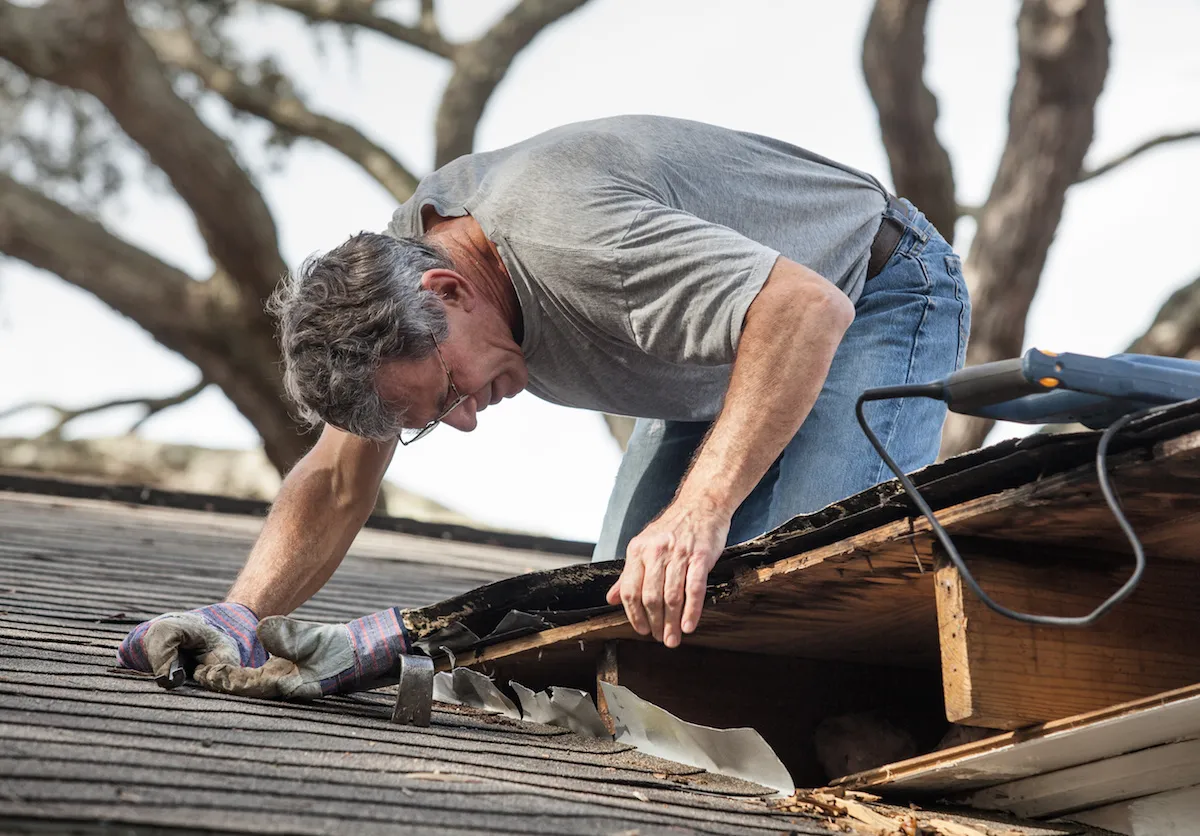

Home Maintenance
How Much Do I Pay For Home Repairs
Modified: March 21, 2024
Find out the real cost of home maintenance with our comprehensive guide. Learn how much you should budget for home repairs and avoid unexpected expenses.
(Many of the links in this article redirect to a specific reviewed product. Your purchase of these products through affiliate links helps to generate commission for Storables.com, at no extra cost. Learn more)
Introduction
When it comes to maintaining your home, repairs are inevitable. From minor fix-ups to major renovations, every homeowner will encounter the need for home repairs at some point. One common concern that arises is the cost of these repairs. How much can you expect to pay for home repairs?
The cost of home repairs can vary depending on a multitude of factors. It’s important to have an understanding of these factors so that you can plan and budget accordingly. In this article, we will explore the various factors that influence the cost of home repairs, provide examples of common repair costs, discuss the pros and cons of hiring professionals versus tackling repairs yourself, and offer some valuable tips for budgeting for home repairs.
By the end of this article, you will have a better understanding of what to expect when it comes to the cost of home repairs and how to effectively manage your budget.
Key Takeaways:
- Home repairs can vary in cost due to factors like repair scope, materials, location, time frame, and contractor expertise. Budgeting and getting multiple quotes are essential for managing repair expenses.
- When deciding between hiring professionals or DIY repairs, consider expertise, time-saving, and warranty benefits of professionals. Budget effectively by prioritizing repairs, creating a repair fund, and exploring financing options when needed.
Factors Influencing Cost of Home Repairs
When it comes to estimating the cost of home repairs, there are several key factors that come into play. Understanding these factors will help you gauge the potential expense involved in your particular repair project. Here are some of the main factors that influence the cost of home repairs:
- Scope of the Repair: The extent of the repair needed will greatly impact the cost. A minor repair, such as fixing a leaky faucet, will naturally be less expensive than a major repair, such as replacing a damaged roof. The complexity and time required for the repair will be reflected in the cost.
- Materials and Supplies: The type and quality of materials and supplies needed for the repair can also influence the cost. Premium materials or specialized equipment will generally come at a higher price point. Additionally, the availability of certain materials can impact their cost.
- Location: The geographical location of your home can impact repair costs. Labor rates and material costs can vary depending on the region. For example, repairs in urban areas or areas with higher living costs may be more expensive compared to rural areas with lower labor rates.
- Time Frame: The urgency of the repair can affect the cost. If you require immediate or emergency repairs, expect to pay a premium price for expedited service. On the other hand, scheduling repairs during the off-season or less busy times for contractors might result in cost savings.
- Contractor’s Experience and Reputation: The experience and reputation of the contractor or professional you hire can impact the cost. Highly skilled and reputable contractors may charge higher fees for their expertise and quality of work. While it may be tempting to choose a cheaper option, it’s important to consider the value and reliability of the contractor.
These factors should be taken into account when estimating the cost of your home repairs. It’s essential to approach the repair process with a realistic understanding of these influences to ensure you budget appropriately and make informed decisions.
Common Home Repair Costs
Home repair costs can vary greatly depending on the specific project and its unique requirements. However, there are several common repair costs that homeowners frequently encounter. Here are some examples of common home repair costs:
- Plumbing Repairs: Plumbing issues such as a leaky faucet, clogged drains, or broken pipes are common problems that require repairs. Costs can range anywhere from $100 for a simple fix to several thousand dollars for more extensive plumbing repairs.
- Electrical Repairs: Electrical issues, such as faulty wiring or malfunctioning outlets, often require the expertise of an electrician. The cost of electrical repairs can vary depending on the complexity of the problem, but can range from $150 for a basic repair to $2,500 or more for rewiring an entire house.
- Roof Repairs: A damaged roof can cause leaks and other issues, requiring repairs or even a complete replacement. The cost of roof repairs can vary significantly based on the size of the roof, the extent of the damage, and the materials used. On average, expect to pay between $300 and $1,000 for minor repairs, while major repairs or replacements can reach several thousand dollars.
- HVAC Repairs: Heating, ventilation, and air conditioning systems may require occasional repairs or maintenance. The cost of HVAC repairs can vary depending on the specific issue and the system’s complexity. Simple repairs like replacing a thermostat can cost around $100, while more significant repairs or component replacements can run into the thousands of dollars.
- Painting: Over time, walls can become worn or damaged and require repainting. The cost of painting will depend on the size of the room or area, the quality of paint chosen, and whether you hire a professional painter or choose to do it yourself. On average, expect to pay between $200 and $2,000 for painting services.
It’s essential to note that these are just a few examples of common repair costs. The actual cost of your specific repair project may vary. When planning for home repairs, it’s recommended to obtain multiple quotes from qualified professionals to get an accurate assessment of the costs involved.
It’s a good idea to set aside 1-3% of your home’s value each year for repairs and maintenance. This can help cover unexpected costs and keep your home in good condition.
Hiring Professionals vs DIY
When it comes to home repairs, one of the decisions you’ll need to make is whether to hire a professional or tackle the repairs yourself. Both options have their pros and cons, and it’s essential to consider your abilities, the complexity of the repair, and your budget before making a decision.
Hiring Professionals:
- Expertise: One of the main advantages of hiring professionals is their expertise. They have the knowledge, skills, and experience to handle various repairs efficiently and effectively, ensuring quality workmanship.
- Time-Saving: Hiring professionals allows you to save time. They can complete the repairs quickly and efficiently, freeing up your time to focus on other important tasks or activities.
- Tools and Equipment: Professionals come equipped with the necessary tools and equipment to handle the repairs properly. This means you don’t have to invest in buying or renting specialized tools.
- Warranty and Guarantee: Reputable professionals often provide warranties or guarantees on their work. This gives you peace of mind, knowing that if any issues arise after the repair, they will come back and fix it at no additional cost to you.
DIY (Do-It-Yourself):
- Cost Savings: One of the significant advantages of DIY repairs is the potential cost savings. By taking on the repairs yourself, you can avoid labor charges and potentially save money.
- Flexibility and Control: Doing repairs yourself allows you to have full control over the process and make adjustments as needed. It also provides flexibility in terms of scheduling the repairs to fit your timeline.
- Satisfaction and Learning: Completing a repair successfully on your own can be incredibly satisfying. It also provides an opportunity to acquire new skills and knowledge that can be beneficial for future projects.
While DIY repairs can be cost-effective and rewarding, it’s important to assess your abilities and the complexity of the repair before deciding to tackle it yourself. Some repairs may require specialized knowledge or tools that you may not possess, which could result in additional expenses or even potential damage if not done correctly.
In summary, hiring professionals is advisable for complex repairs or projects that require specialized skills, whereas DIY repairs can be a viable option for simple repairs, as long as you have the necessary skills and confidence. Ultimately, it’s crucial to weigh the advantages and disadvantages of each option and choose the approach that aligns with your capabilities, time availability, and budget.
Tips for Budgeting for Home Repairs
When it comes to home repairs, proper budgeting is crucial to ensure that you can cover the costs without breaking the bank. Here are some helpful tips to help you budget effectively for your home repairs:
- Prioritize Repairs: Start by identifying the most critical repairs that need immediate attention. Focus on addressing those first and then allocate funds for less urgent repairs. This will help you prioritize your budget and ensure that essential repairs are not neglected.
- Research and Get Multiple Quotes: Take the time to research and gather quotes from different contractors or professionals for the repairs you need. This will give you a better idea of the average cost and allow you to compare prices and services to find the best value for your money.
- Create a Repair Fund: Consider setting up a separate savings account specifically for home repairs. Contribute to this fund regularly to build up a financial cushion for future repair needs. Having a dedicated account will help you avoid dipping into your general savings or emergency funds.
- Estimate Long-Term Costs: Some home repairs, such as roof replacements or HVAC system upgrades, may have a significant upfront cost. However, they can also save you money in the long run by improving energy efficiency or preventing further damage. When budgeting, consider the potential long-term cost savings associated with such repairs.
- Explore Financing Options: If a major repair is necessary, but you are unable to cover the cost upfront, consider exploring financing options. Home improvement loans, lines of credit, or credit card options specifically for home repairs may be available to help you spread out the expense over time.
- Plan for Additional Expenses: It’s important to leave room in your budget for unexpected expenses. Home repairs sometimes uncover hidden issues that need to be addressed, which can add to the overall cost. Aim to set aside an additional 10-20% of your budget as a contingency for unexpected expenses.
- Consider DIY when Applicable: For smaller, simpler repairs that you have the skills and tools to tackle yourself, opt for the DIY route. This can significantly reduce costs and leave more room in your budget for larger repairs that require professional assistance.
Remember, budgeting for home repairs is about being prepared and realistic. It’s crucial to have a clear understanding of your financial situation and prioritize repairs based on urgency. By following these tips, you can effectively manage your budget and ensure that you have the necessary funds to address your home repair needs.
Read more: Property Assessment: How Much Tax Will I Pay
Conclusion
Home repairs are an inevitable part of being a homeowner. Understanding the factors that influence the cost of repairs and knowing how to budget effectively is essential for managing these expenses. By considering the scope of the repair, materials and supplies needed, location, time frame, and the experience and reputation of contractors, you can have a better understanding of the potential costs involved.
Common home repair costs can vary depending on the specific project, ranging from plumbing and electrical repairs to roofing, HVAC, and painting. Obtaining multiple quotes from professionals will help you get an accurate assessment of the costs involved in your specific repair project.
When it comes to deciding whether to hire professionals or tackle the repairs yourself, consider the expertise, time-saving benefits, and warranty/guarantee provided by professionals. On the other hand, DIY repairs can offer cost savings, flexibility, and the satisfaction of completing the repairs on your own. It’s important to assess your abilities and the complexity of the repair before deciding on the best approach.
When budgeting for home repairs, prioritize the most critical repairs, research and gather multiple quotes, create a repair fund, estimate long-term costs, explore financing options if needed, plan for unexpected expenses, and consider DIY for smaller repairs when applicable. These tips will help you effectively manage your budget and ensure that you are financially prepared to address your home repair needs.
In conclusion, by understanding the factors influencing the cost of home repairs, being aware of common repair costs, making informed decisions about hiring professionals or DIY, and adopting effective budgeting strategies, you can navigate the world of home repairs with confidence. Remember that being proactive about maintenance and repairs will not only save you money in the long run but also contribute to the overall well-being and value of your home.
Frequently Asked Questions about How Much Do I Pay For Home Repairs
Was this page helpful?
At Storables.com, we guarantee accurate and reliable information. Our content, validated by Expert Board Contributors, is crafted following stringent Editorial Policies. We're committed to providing you with well-researched, expert-backed insights for all your informational needs.
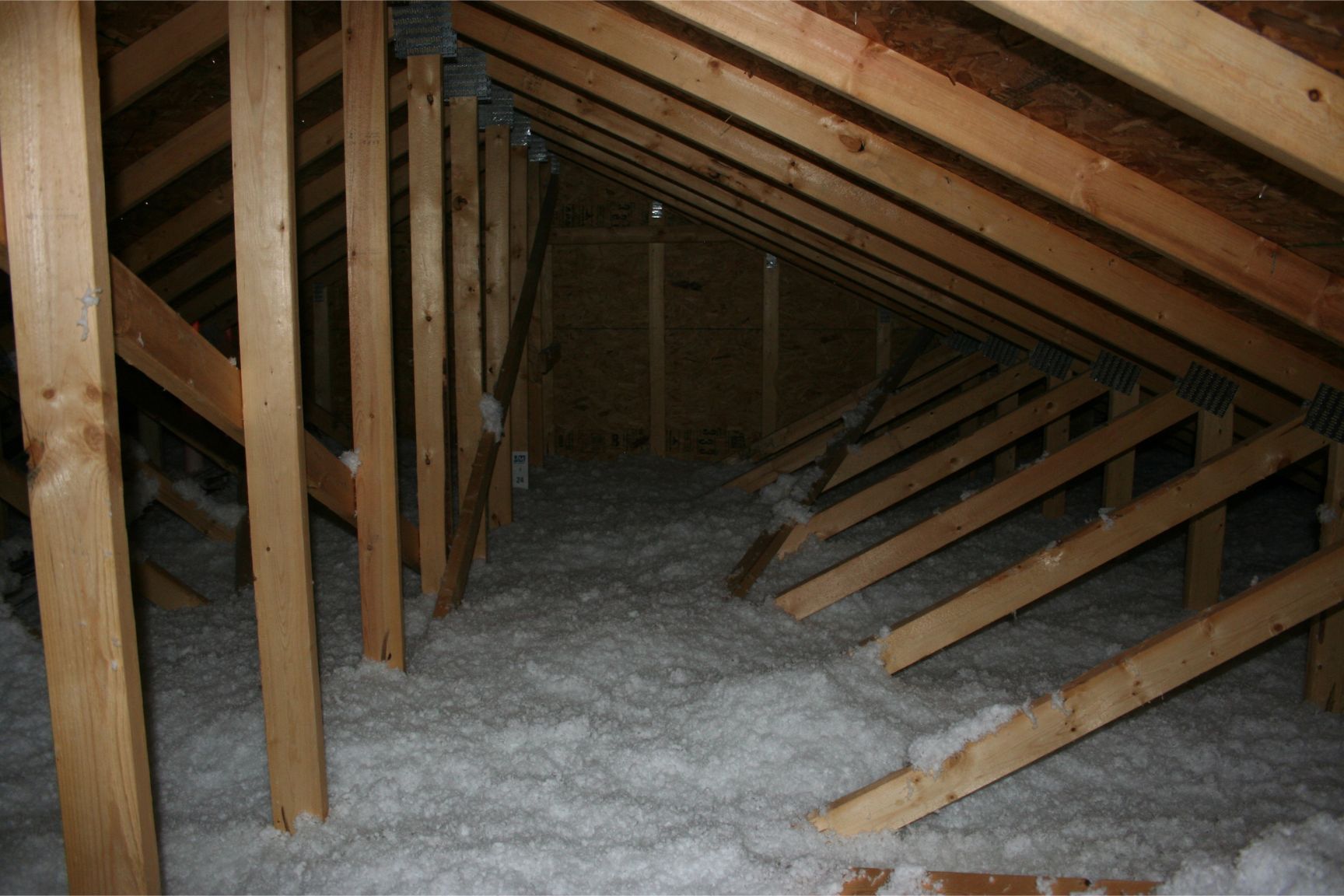
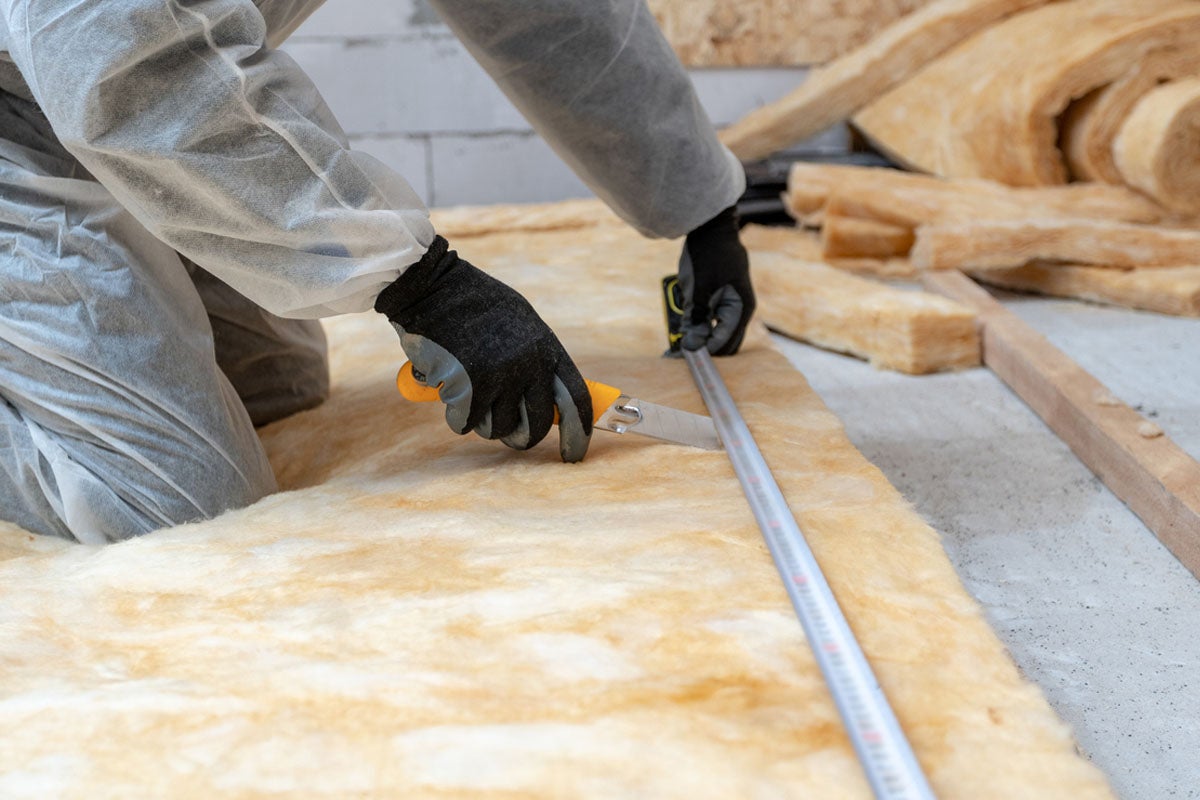
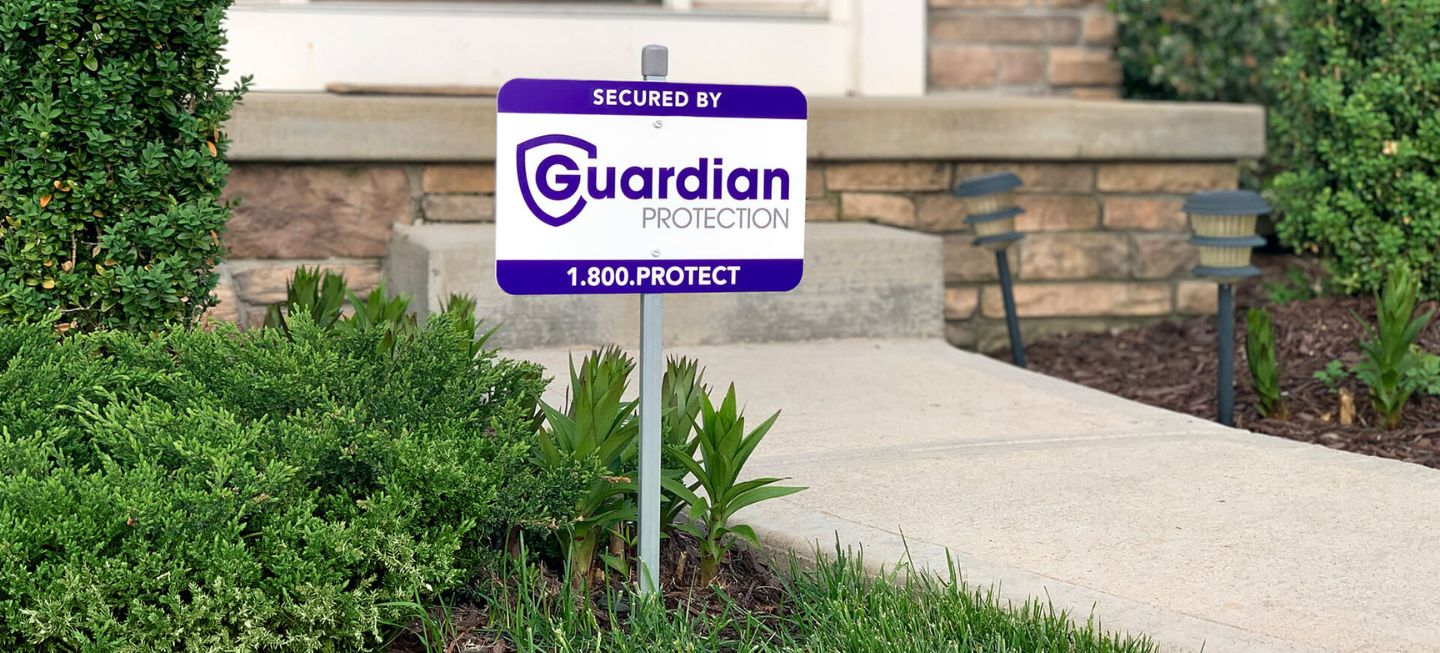
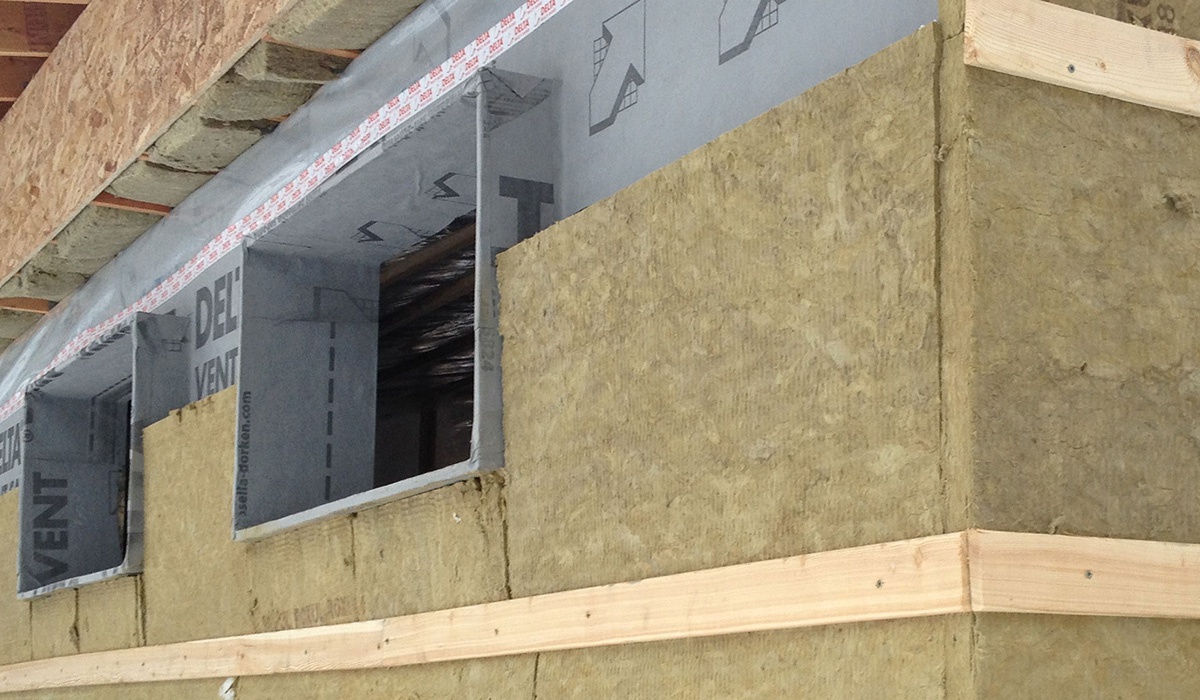
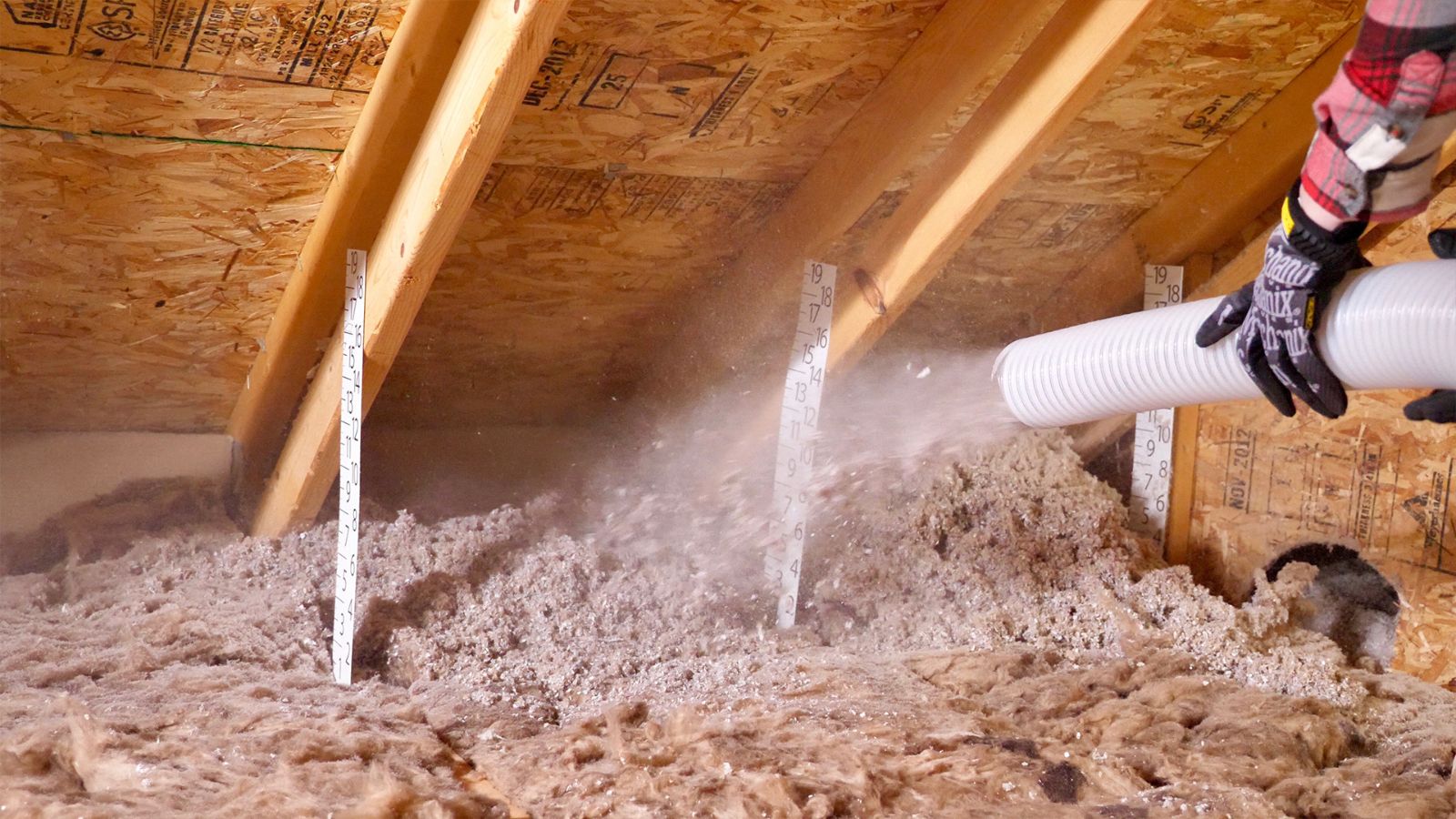

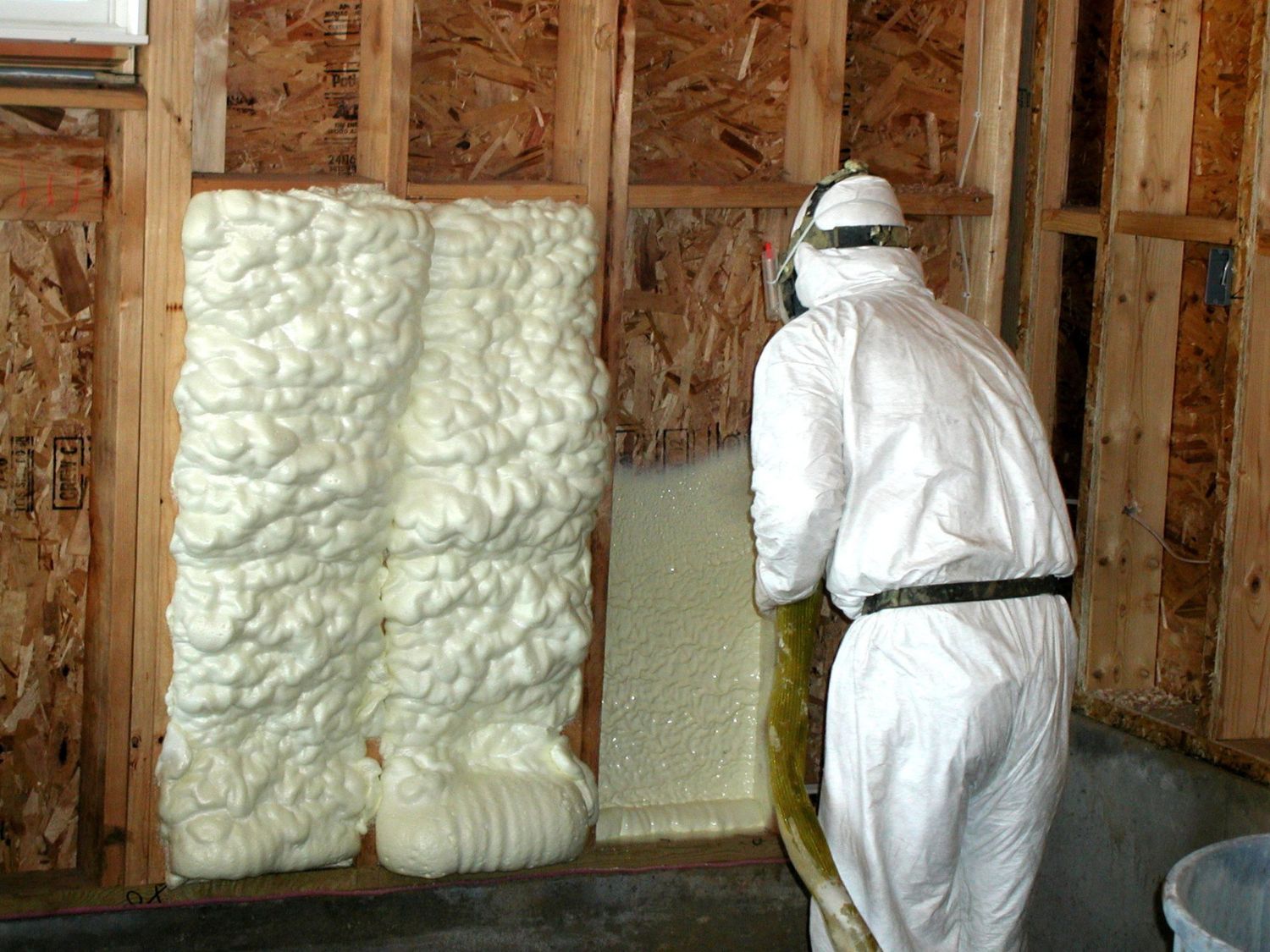





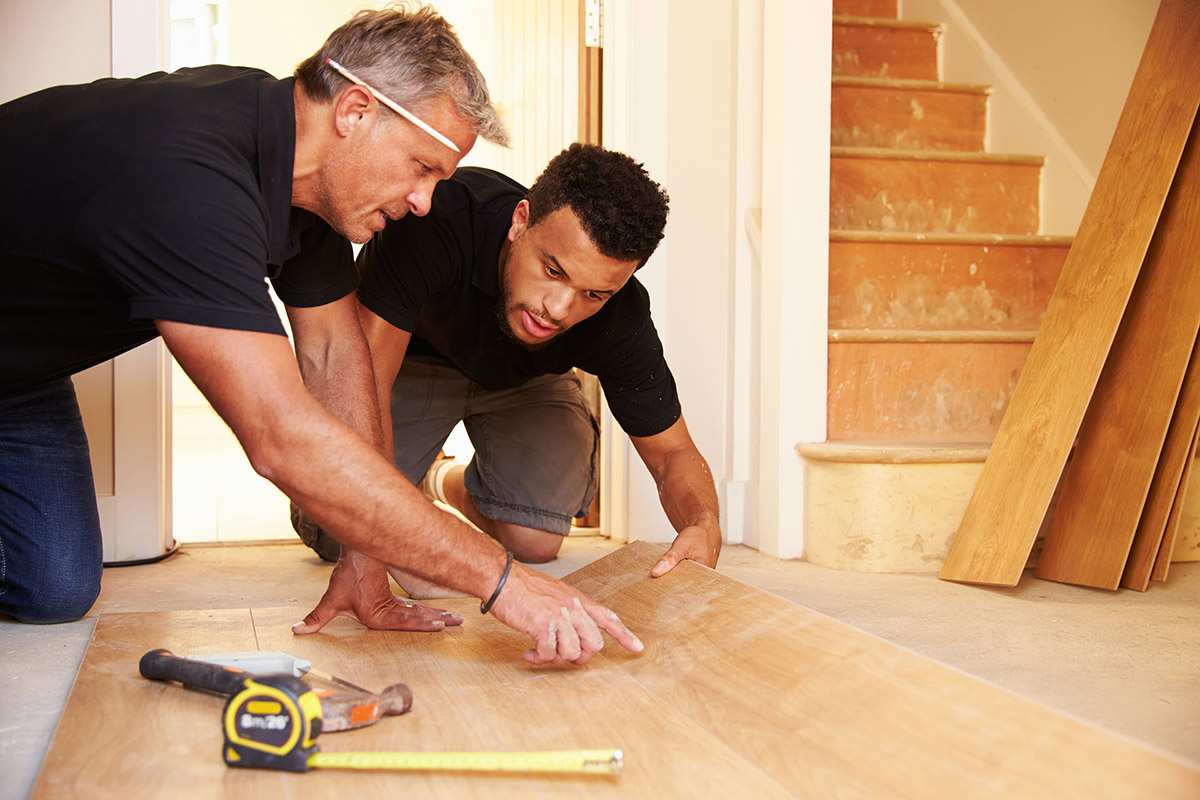


0 thoughts on “How Much Do I Pay For Home Repairs”